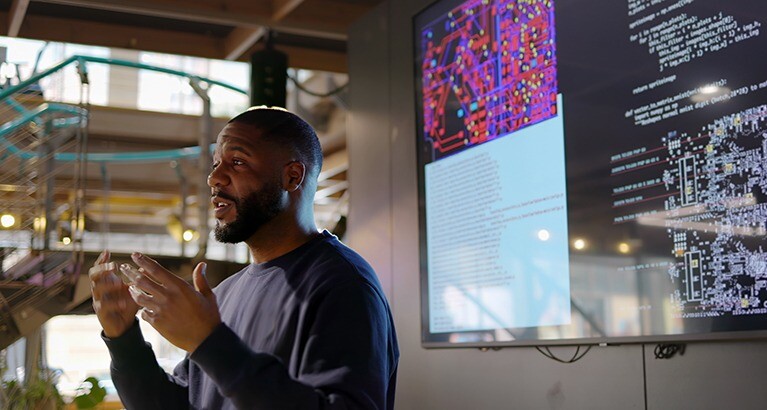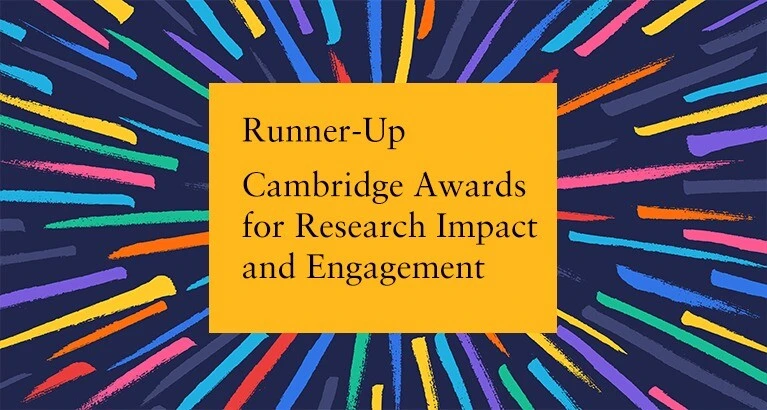The US elections seem sure to dominate debate in 2024, but there are plenty of other issues that Cambridge Judge faculty are keeping their eyes on in the year ahead. How will artificial intelligence evolve? Will governments act to combat disinformation? Will decisive action follow COP28 words on climate change?
Disinformation and democratic backsliding
First, Lucia Reisch, El-Erian Professor of Behavioural Economics & Policy highlights the imminent danger of disinformation in the upcoming 2024 elections around the world, while Alan Jagolinzer, Professor of Financial Accounting who organised the inaugural Cambridge Disinformation Summit in July 2023 also expresses concern about global democratic backsliding and has recommendations for business leaders:
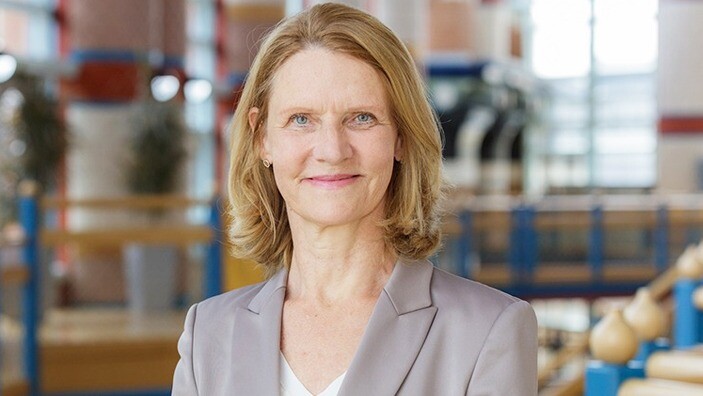
“Next year, about 4 billion citizens will be asked to vote worldwide, in India, Indonesia, Taiwan, the US, probably the UK. There is a very high risk that disinformation campaigns and ever cheaper and better targeted deep fakes will unduly influence elections. 2024 will show whether democratic societies and market economies in general are up to winning an information war against lies, deceptions and disinformation.
“Fake visuals have been part of political communication for centuries. However, today they are in the hands of the masses and there’s no filter, no quality screening, no responsibility, but a world full of bots and propaganda. It’s quite hard to change online user behaviour because it’s so attractive, even addictive. The attention-maximising social media platforms reward the sharing of provocative content, and we get ever more habituated to share, to like. The broad availability of generative AI now amplifies this problem and makes it harder to distinguish between true and false.
“There are solutions though. Regulations like the AI Act or the Digital Services Act are a good way forward. I also see that big tech has understood that deceptive, manipulative platforms undermine, in the long run, their own business model. I am very interested to see innovative startups develop AI-based fact checking validation tools and there are also some very interesting new tools supporting citizens’ digital fluency. So, I do have hope for a clean information environment that serves democracies and markets well.”
I am very interested to see innovative startups develop AI-based fact checking validation tools and there are also some very interesting new tools supporting citizens' digital fluency
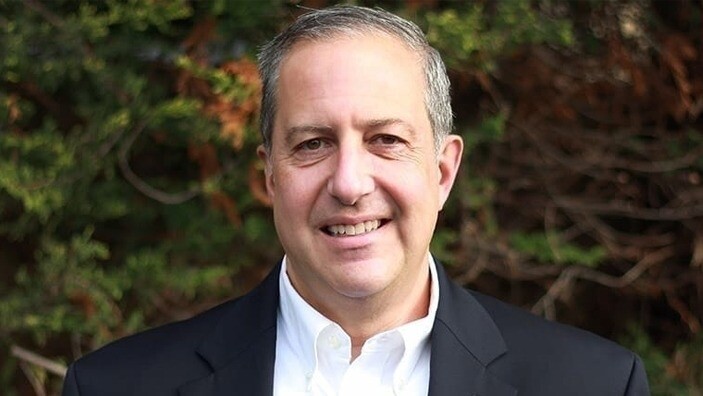
“I have concerns about 2024. My predictions suggest that without prompt intervention, we’ll witness a continuation of democratic backsliding across global communities, mainly propelled by strategic disinformation campaigns aiming to undermine essential infrastructures.
“It’s especially acute in regions nearing election cycles. Failure to hold platforms accountable or intervene against disinformation deception will pose significant global systemic risks, profoundly impacting societal practices beyond just business. Forced human migration and resistance to climate initiatives will intensify, potentially fostering conflicts worldwide.
“Unless we address information pollution urgently, conflicts and wars could find support in this chaos. I advocate for heightened awareness among business leaders regarding global systemic risks due to disinformation. They need to push for more platform accountability, even engaging with influential platform owners to combat the dissemination of disinformation into society.”
I advocate for heightened awareness among business leaders regarding global systemic risks due to disinformation.
Sustainability hopes for new ventures and reflection on our reason for being
Our next 2 contributors provide an insight into the future of entrepreneurship, with forecasts on upcoming trends from Associate Professor of Management Practice Monique Boddington. Professor Vincent Mak, Professor of Marketing & Decision Sciences, calls for a more conscientious approach to ethics and sustainability.
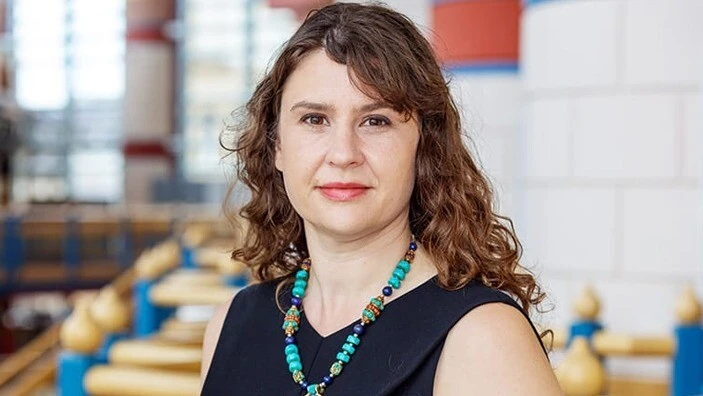
“My prediction for entrepreneurship this year is that we’ll continue to see ongoing growth in fintech and edtech industries, and an increasing focus on digitisation and ecommerce, particularly with the integration of new technologies. Innovation in healthcare biotech is going to continue, driven by personalised healthcare on one hand and on the other, by digital technologies that can create efficiencies in systems that are strained.
“Consumers are increasingly demanding sustainable and socially responsible business and the challenge, and my hope, is for ventures to really deliver. And not by greenwashing – we want businesses that build real solutions to the grand challenges we are facing in society. And finally, my hope is that there will be increasing support for entrepreneurship, but in the right areas. Governments see entrepreneurship as a solution to economic, social and environmental issues and we have become very good at starting ventures in this country. But there are still issues around support for scaling ventures, particularly in terms of risk adversity, having the right talent and training, and supporting regulation for big ticket investment.”
Consumers are increasingly demanding sustainable and socially responsible business and the challenge, and my hope, is for ventures to really deliver.
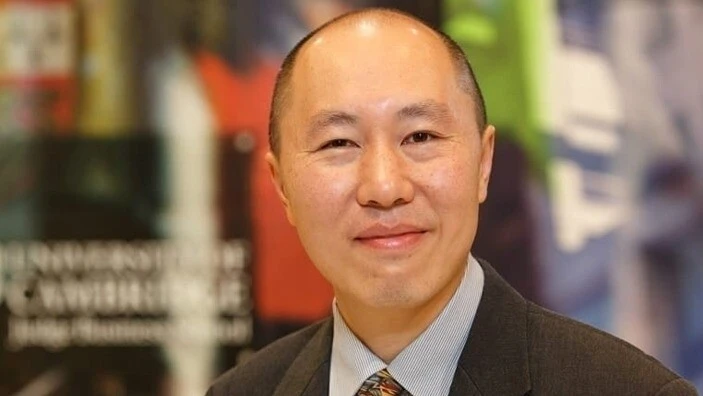
“I think 2024 will be a year of anxiety. All the strife and conflicts that we have been witnessing in the past year and before will unfortunately continue, and we have the US presidential election towards to end of the year, which will create its own set of entrenched rhetoric and polarising opinion.
“At the same time, technological development will continue to be very fast and unfold in a way that will be difficult for us to cope with. In that sense, 2024 will also be a year of transition, in which we will continue to have to reckon with the ethical and legal developments in AI.
“I hope that humanity will emerge from the year having learned more about why we exist. In my view, we exist because we derive value from being the custodians of this world. I hope that the coming year will be a year in which consumers and organisations, including business, will finally take up more action in terms of making the world a better place, a more equal place, a more diverse place, as well as a more sustainable planet.”
I hope that the coming year will be a year in which consumers and organisations, including business, will finally take up more action in terms of making the world a better place, a more equal place, a more diverse place, as well as a more sustainable planet.
Making real progress in diversity and in wellbeing awareness
Next, Thomas Roulet, Professor of Organisational Sociology and Leadership, warns us to brace for continued geopolitical challenges impacting organisational agility, and notes the strategies needed for a resilient and balanced future. And the Directors of the Wo+Men’s Leadership Centre Feryal Erhun, Professor of Operations & Technology Management and Tracey Horn, Director of Corporate Communications and Marketing, ask us all to move beyond token gestures in the drive for gender equity in business and society and lay down the roadmap to faster progress.
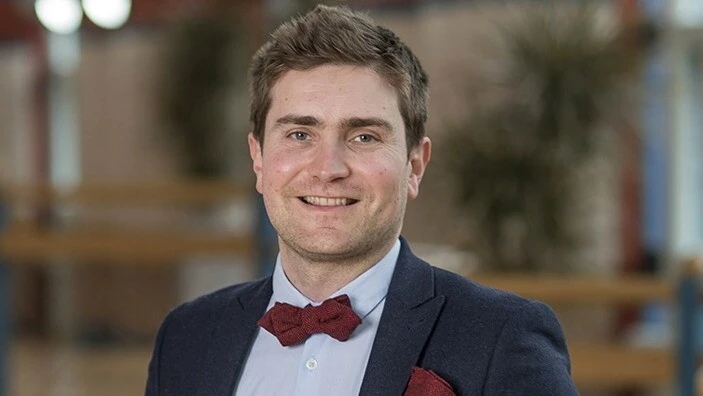
“As we enter 2024, we will observe the convergence of three trends: the first one is the current geopolitical risks and conflicts that will continue to affect the need for organisations to be agile and re-organise themselves on an almost permanent basis.
“The second element is that managers and organisations are still learning how to deploy and capitalise on people who are hybrid working, and the implication this arrangement has for separating work from personal life.
“The third element is that many organisations are still short-staffed because of inflation, and because of the challenges in recruiting in the current the job market.
“Those 3 trends will converge and lead to a rise in mental health issues, stress, burnout, and anxiety and it will require organisations and managers to develop what we call ‘wellbeing intelligence’ – the ability to understand mental health issues and address them at the individual, team and organisations level.”
As we enter 2024, we will observe the convergence of three trends: the first one is the current geopolitical risks and conflicts that will continue to affect the need for organisations to be agile and re-organise themselves on an almost permanent basis.
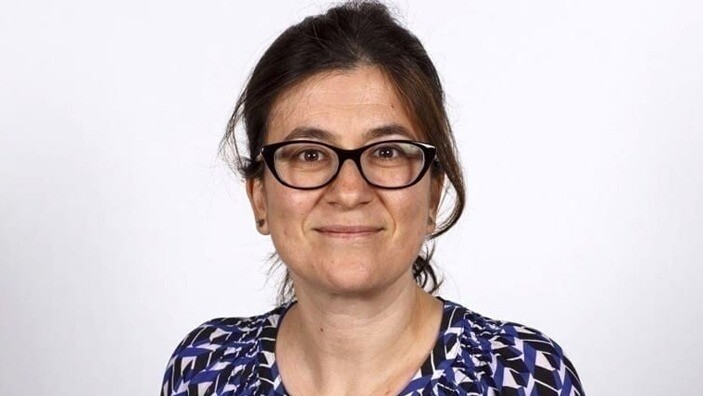
“In 2024 we need a significant change in how we view gender diversity. It’s time to move beyond the superficial and make empowering women a strategic imperative. It’s not just the right thing to do, it’s the smart thing to do. Let’s stop token gestures and make systemic change through sustainable solutions that develop the potential of everyone, regardless of gender.
“Everyone has a role to play in building a more inclusive and sustainable future:
“We need to invest in the next generation of women leaders with more inclusive education and skills training.
“We must support and scale up women-lead business and social enterprises.
“We must break down glass ceilings to leadership positions to ensure that women have a seat at the table and play an equal role in making those critical decisions for our future.
“And we need to remember that true sustainability requires listening to and amplifying the voices of women. Sustainable solutions shouldn’t just be buzz words, whether that’s regarding the environment or gender diversity. True sustainability requires commitment, ongoing evaluation, reflection and continuous adaptation.
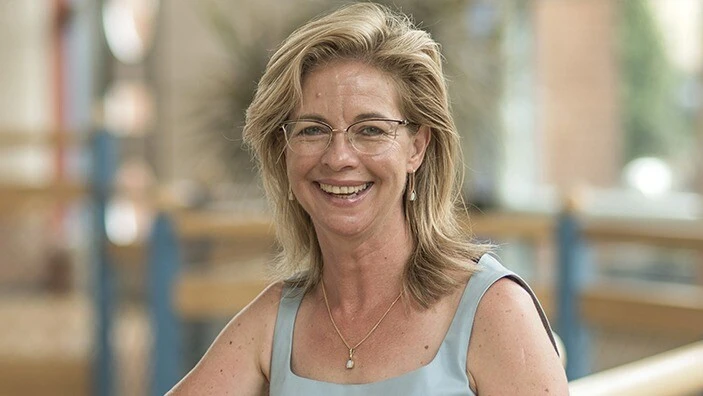
“At the Wo+Men’s Leadership Centre, we believe in holistic thinking and innovative actions. In 2024, we will continue to put the spotlight on gender equality in business by committing to actions that shape collective success.”
Sustainable solutions shouldn’t just be buzz words, whether that’s regarding the environment or gender diversity. True sustainability requires commitment, ongoing evaluation, reflection and continuous adaptation.
AI’s promise, climate change challenges and the pursuit of diversity
And finally, Gishan Dissanaike, Interim Dean of Cambridge Judge Business School, concludes with this:
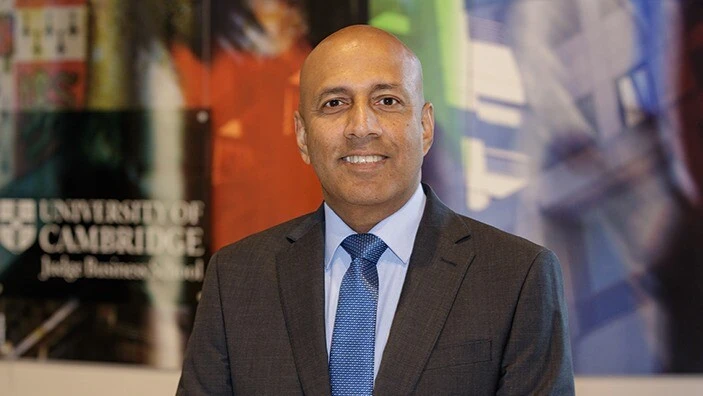
“There’s an old expression that ‘a year is a long time in politics’ – but perhaps it’s not so long when it comes to technology. It seems amazing that it’s just over a year since ChatGPT burst onto the scene, and that has really brought artificial intelligence to the fore. There are huge opportunities for AI to make our lives better in areas such as healthcare, but there are also risks.
“In terms of business education, we have already incorporated AI into some of our learning – because AI can save students time on routine tasks and that gives them more time to work on their critical thinking skills, and it is critical thinking and analysis that will propel students into future leadership roles in business and other areas of society. Our faculty and staff are also looking at difficult issues concerning AI, including how built-in biases can be prevented and how to ensure that work is original and doesn’t infringe copyright.
“Beyond AI, the issues I will be watching closely in 2024 include climate change and workplace issues such as diversity. The recent COP28 climate-change summit called for a transition away from fossil fuels, but this will require tough decisions rather than only words. And we must strive for diversity in all its forms including gender, ethnicity and background, while also ensuring that diverse opinions are heard so ideas can be debated freely to arrive at better conclusions.”
In terms of business education, we have already incorporated AI into some of our learning – because AI can save students time on routine tasks and that gives them more time to work on their critical thinking skills, and it is critical thinking and analysis that will propel students into future leadership roles in business and other areas of society.
Our faculty
The Business School’s world-class faculty comprises over 80 members from 6 contents who cover diverse research areas in the field of business.


